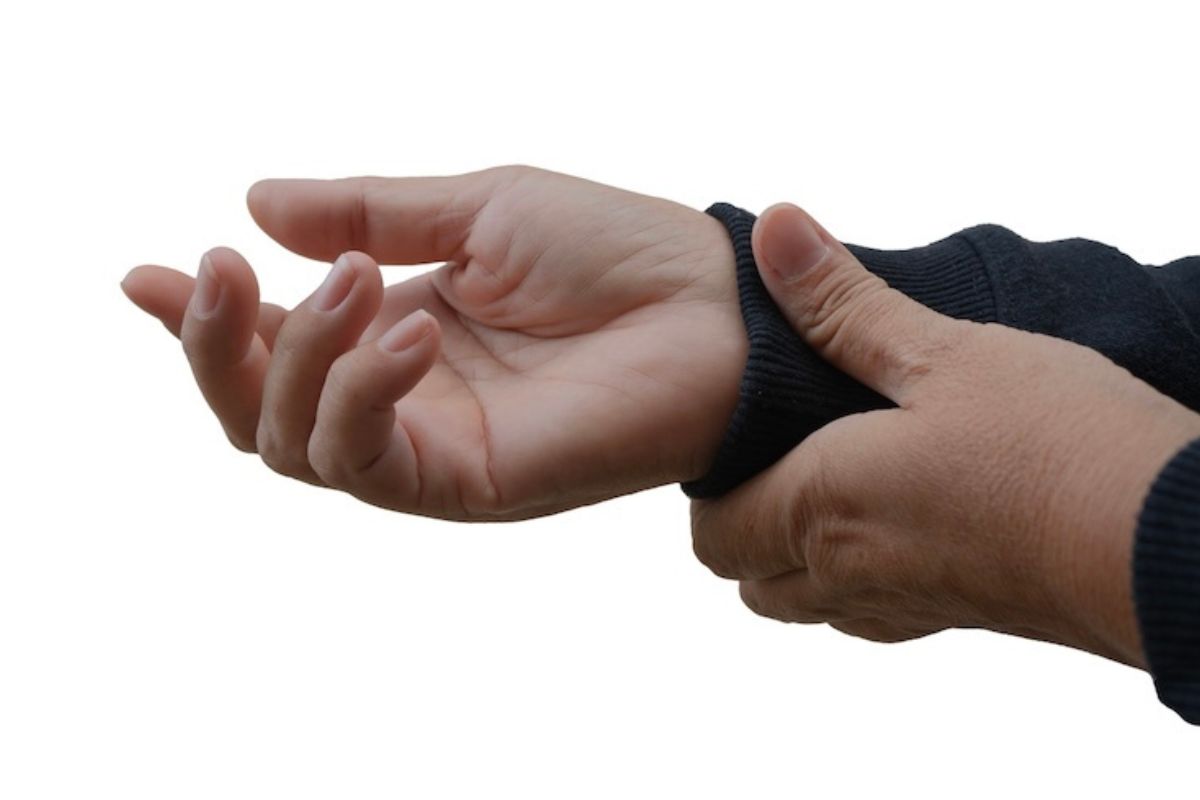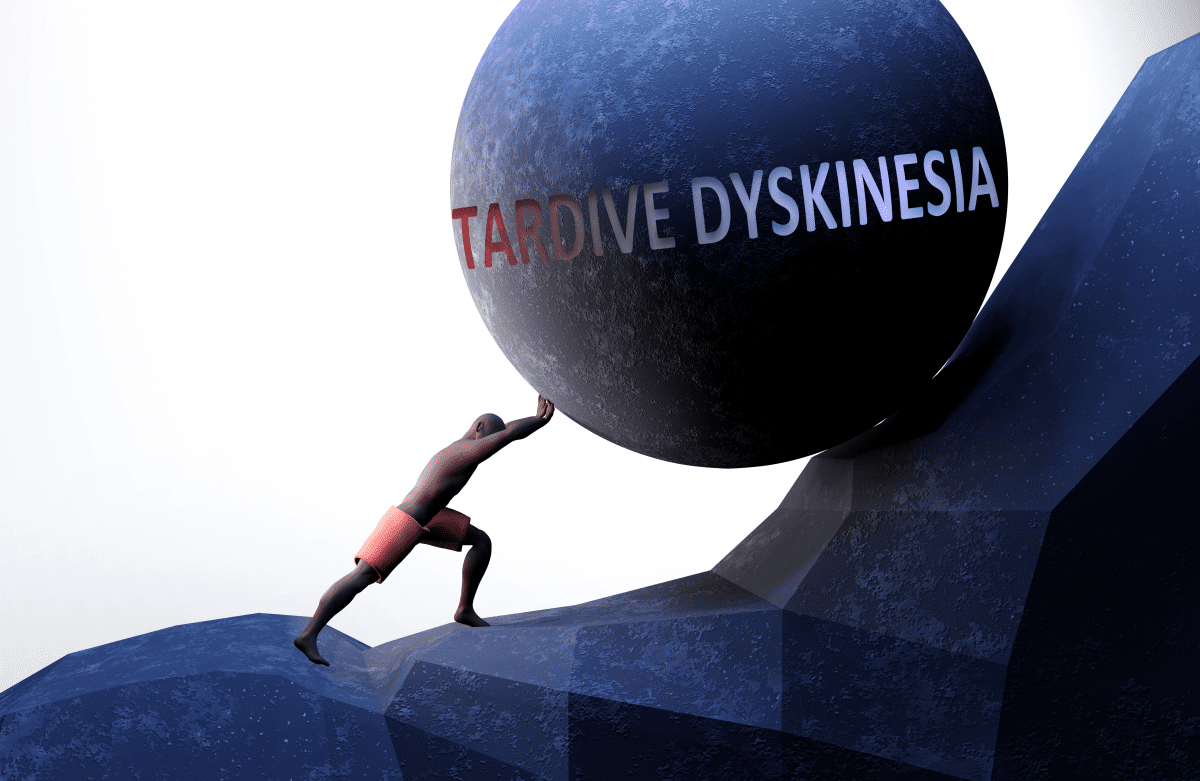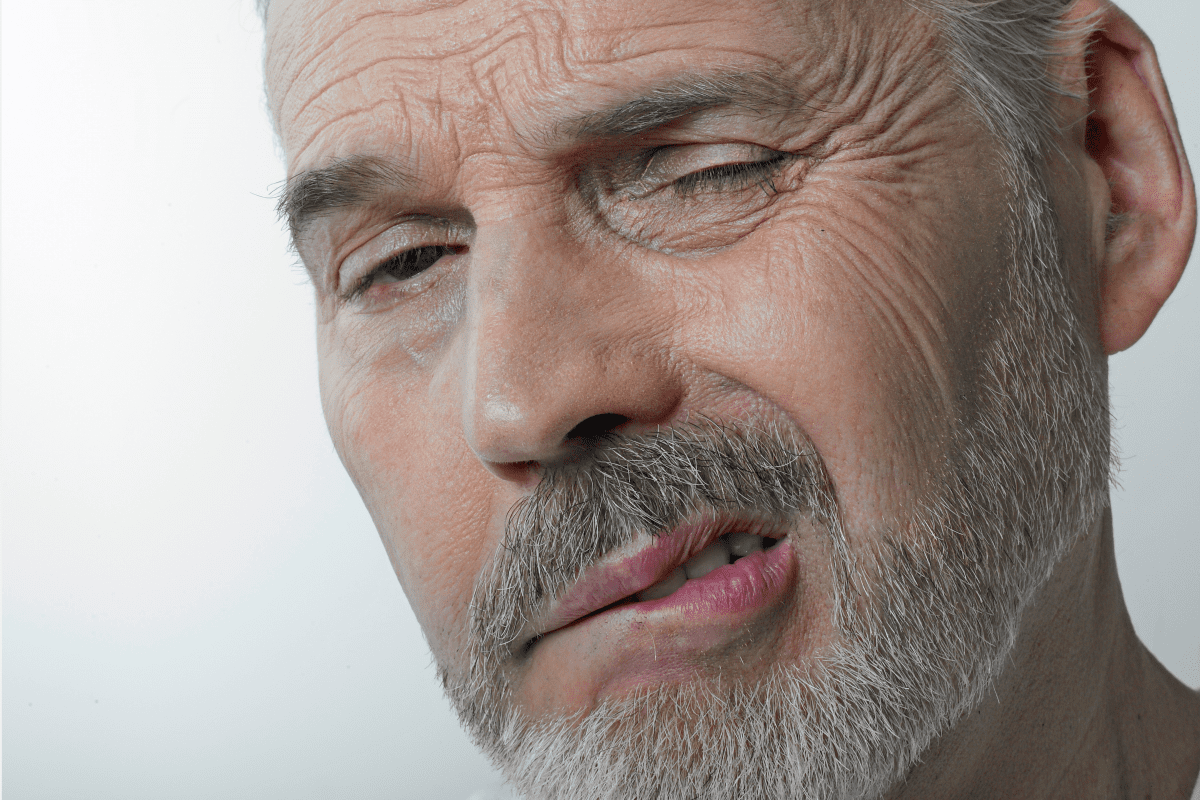Tardive Dyskinesia (TD) is a movement disorder resulting from prolonged use of certain medications, often with psychiatric implications. The Journal of Clinical Psychiatry offers comprehensive insights into TD, from its pathophysiology to management strategies. Our expert editors ensure that the content is both clinically relevant and actionable, aiding psychiatrists in diagnosing, preventing, and treating this challenging condition.
Tardive Dyskinesia
Recently published articles about Tardive Dyskinesia
Recent JCP Articles on Tardive Dyskinesia
Recent PCC Articles on Tardive Dyskinesia
Case Report
Tardive Dyskinesia in Schizoaffective Disorder With Diabetes and Kidney Disease
February 18, 2021
In this report, the authors describe the successful management of tardive dyskinesia with quetiapine in a man with schizoaffective disorder and comorbid diabetes with renal and neurologic complications as...











